Ayurveda states that everything in nature is made of the five great elements; Earth (Prithvi), Water (Jal), Fire (Agni), Air (Vayu), and Space (Aakash) —the Panchamahabhuta, and so are our bodies.
Earth
Heavy and solid in nature, the Earth element brings a sense of grounding and stability.
Water
Cool, and fluid in nature, the Water element brings flexibility, softness, and suppleness to the body.
Fire
Hot, dynamic, and light in nature, the Fire element represents transformation.
Air
Swift and light in nature, the Air element is dynamic and represents mobility.
Space
Also known as 'Ether', the Space element represents emptiness and limitlessness.
The Tridoshas (This may also be taken from the brochure)
The five great elements have their attributes, and in combination, form the Tridoshas - Vata, Pitta & Kapha. The combinations of these Doshas make for each individual’s unique body constitution, known as ‘Prakriti’. The Tridoshas must stay in balance, as their composition makes up for the mental and physical well-being of an individual.
Vata (a combination of the air and space elements )
Vata, the airy dosha, has the properties of being cool, dry, and unstable. This dosha is responsible for any kind of movement that takes place in the body, be it daily life routine actions to the subtle and dynamic movements within the body such as circulatory, respiratory, excretory, and digestive systems. Vata is also responsible for enthusiasm, speech, and sensory acuity.
In balance - Exudes creativity, free-spiritedness, and light-heartedness.
Out of balance - Gas, flatulence, migraine, instability of mind, fatigue, jumpiness, spaciness in the head, irregularity, pain, dryness, or weakness.
Pitta (a combination of fire and water elements)
Pitta, the fiery dosha, is known for its hot, light, and oily properties. This dosha is responsible for any kind of metabolism, digestion, and transformation taking place in the body. These include the enzymes, bile, hormones responsible for digestion, metabolism, and biotransformation. Pitta is also responsible for vision, hunger, thirst, taste, pigmentation of the skin, the luster of the skin, the heat in the body, the softness of the body, intelligence, cheerfulness, and courage.
In balance
Exudes cheerfulness, courage, and the ability to take command.
Out of balance
Anger, aggression, irritation, frustration, acidity, liver disorders, inflammation, dry hands, lack of shine in skin, excess body heat, redness, and burning sensations.
Kapha (a combination of water and earth elements)
Kapha, the watery dosha, is known for its cold, heavy, and moist properties and is responsible for structural development and lubrication within the body. It governs the growth of the ‘Dhatus’ (bodily tissues)—the blood, fat, muscles, bone marrow, and other fluids in the body. Kapha is also responsible for nourishment, viscidity, the solidarity of the body, strength of the joints, sexual vigour, patience, forbearance, and fortitude.
In balance - Stability, stamina, healthy digestion, strong bones, calmness, compassion, forgiveness.
Out of balance - Water retention, sluggishness, drowsiness, overly emotional, lack of motivation, weak digestion and toxins build up.
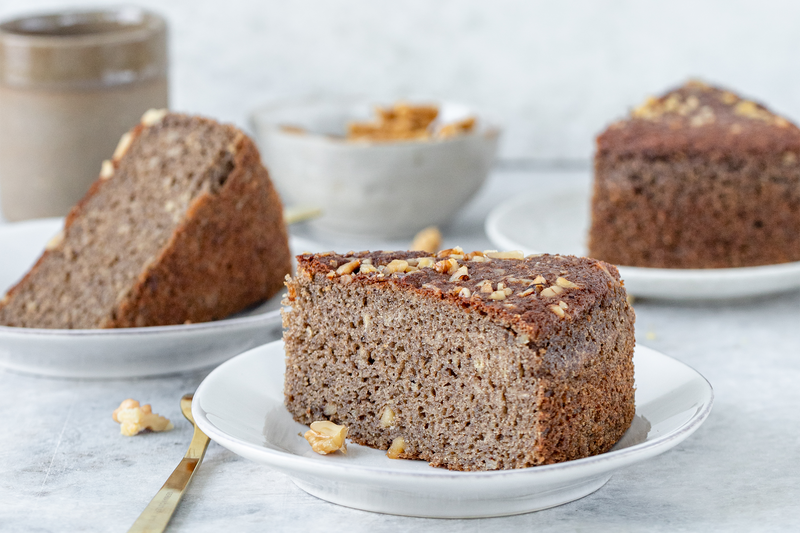
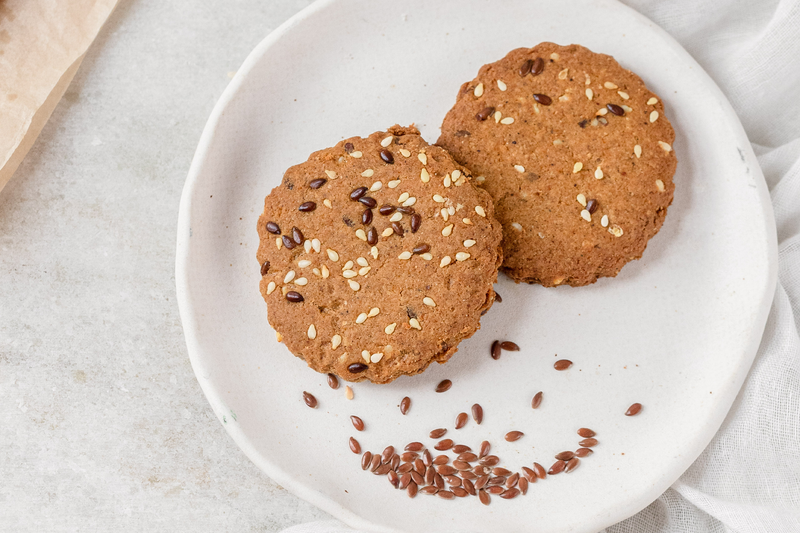
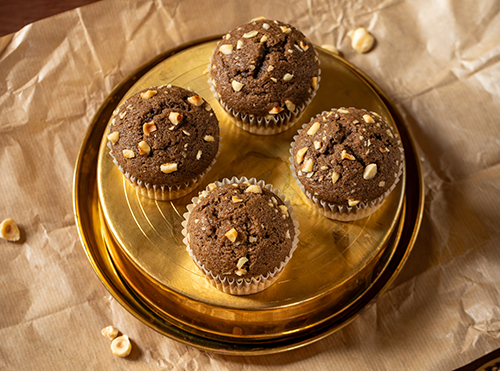
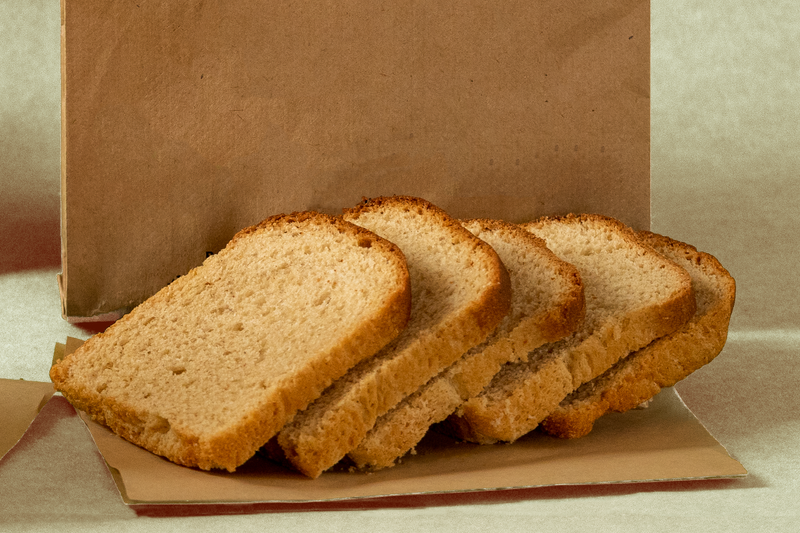



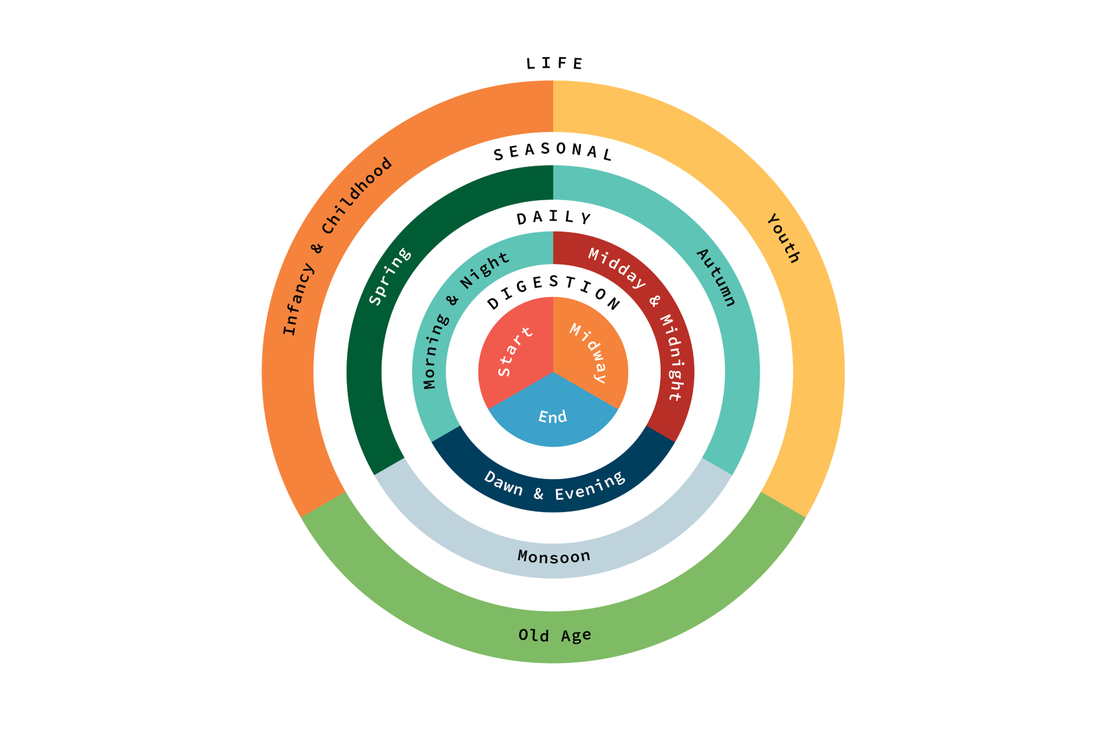
Leave a comment